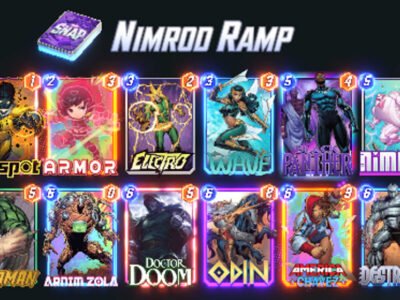The gaming industry has always been creative in exploring different themes to cater to diverse audiences. One such niche that has gained significant attention is the world of hentai games. Hentai games are a subset of computer and phone games, often originating in Japan, that feature hentai, an adults-only subgenre of sexual anime and manga. While some may view these games as solely explicit content, the reality is far more intricate.
Interactivity Sets Hentai Games Apart
Unlike traditional visual pornography, hentai games offer interactivity, making them unique in the adult entertainment market. Players can immerse themselves in the story, offering a deeper connection to the experience compared to passive viewing. This interactive element allows players to insert themselves into the storyline, making it more engaging and personal.
According to Futura, a 26-year-old hentai game fan, the point-of-view style used in these games allows players to become the faceless protagonist, adding to the sense of involvement. The emotional connection players feel to their favorite games is often linked to the rich storylines and depth of the characters.
The Influence of Gameplay on Success
Contrary to assumptions, gameplay is a major factor driving the popularity of hentai games. Players are drawn to games that offer more than just adult content. A spokesperson for Nutaku, a Canadian hentai game portal, revealed that the most successful games combine stimulating video game elements with adult content, rather than simply being porn games with limited gameplay.
Christopher Hitchcock, a hentai game enthusiast, emphasized that the interactivity of the game is more crucial to him than the explicit scenes. Games like “HuniePop,” which combines engaging puzzle elements with adult content, appeal to players who seek both fun and sensuality.
Embracing Diversity and Expanding the Market
As the hentai gaming industry evolves, there is a conscious effort to cater to a broader audience. The focus is on offering games that resonate with players’ diverse sexual preferences and identities. Publishers are keen on expanding beyond the traditional male protagonist-female love interest scenario to explore themes for different audiences.
For example, MangaGamer, a hentai game publisher, is among the few that include titles targeted at players interested in men. The industry is making strides to create games that appeal to the LGBTQ+ community, allowing fans to vote for diverse games with their dollars.
Nutaku, one of the major hentai platforms, is also embracing cultural diversity in its games. Collaborating with developers from 17 different countries, Nutaku aims to introduce western themes, characters, and storylines to expand its global reach.
Navigating a Delicate Line
Although hentai games are gaining traction, the industry faces challenges in promoting certain couplings and fetishes without alienating parts of its audience. Some sexual expressions may resonate with specific players while not appealing to others, making marketing strategies a delicate balance.
To address this, publishers aim to provide clear and unoffensive descriptions of the sexual content in their games, allowing players to make informed decisions before purchase.
The Future of Hentai Games
The audience for hentai games is steadily growing, with more players from mainstream gaming communities showing interest. The industry embraces the growing diversity and welcomes creators and players to express themselves freely.
Hentai games are more than just explicit content; they offer engaging gameplay and storytelling, making them a unique and evolving niche in the gaming world. As the industry continues to explore new themes and expand its cultural reach, hentai games will undoubtedly have something to offer for a growing and diverse audience.














Comments